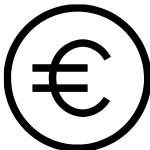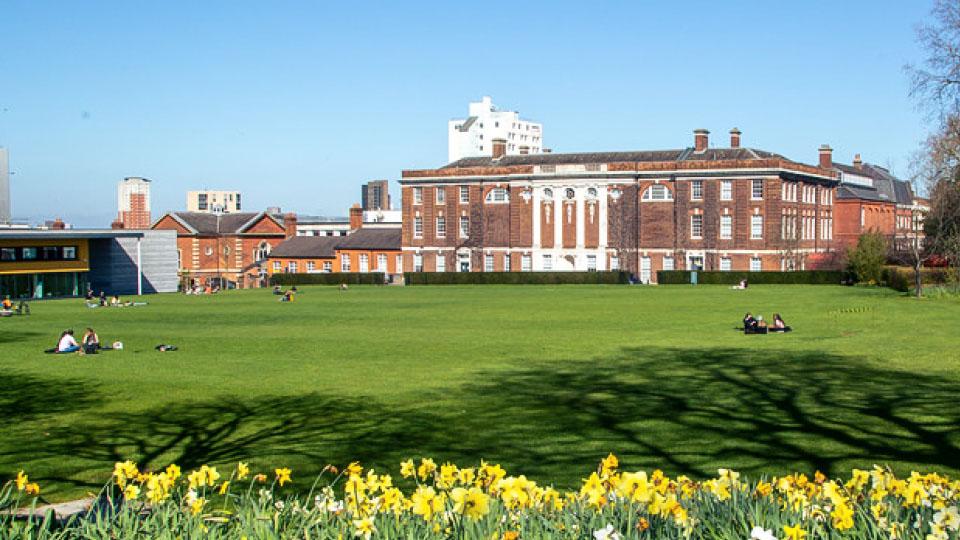Journalism




Tuition

Duration

Admissions Deadline

Location
Profile
In a world hungry for news, the ultra-competitive media market needs versatile, multimedia journalists with cutting-edge skills and a highly developed awareness of ethics.
Our Journalism degree is based in state-of-the-art newsrooms complete with dedicated radio and television studios, and editing and production facilities. You learn to write and report in text, on air and for the internet. You also have regular access to work placements and internships at KMTV, our award-winning Ofcom-licensed professional TV channel that broadcasts from the campus.
The Centre for Journalism at Kent is leading the development of journalism as an academic discipline rooted in professional newsroom practice. On our professionally accredited programme, you study for an honours degree that includes history, politics and law while completing the National Council for the Training of Journalists’ (NCTJ) Diploma in Journalism.
Notes
International students can apply through UCAS until June 30 or directly on our website if you have never used UCAS and you do not intend to use UCAS in the future.
Tuition fee for UK students is €10,800.
Admissions Requirements
High School Graduation Diploma with a minimum final GPA of 3.2/4.0 PLUS one of the following: SAT with a score of between 1290 – 1380 depending on the subject you are applying for OR ACT with a score of between 27-29 depending on the subject you are applying for OR 2 Advanced Placement (AP) tests with scores of between 4-5 depending on the subject you are applying for.
Map
Sorry, no records were found. Please adjust your search criteria and try again.
Sorry, unable to load the Maps API.
Related Programs
Program Information
Gillingham
United Kingdom
- 3 years
- Full Time
- On Campus Learning
Additional Information
- Bachelors
Considerations




